JournalClub copilot - AI-Powered Journal Analysis
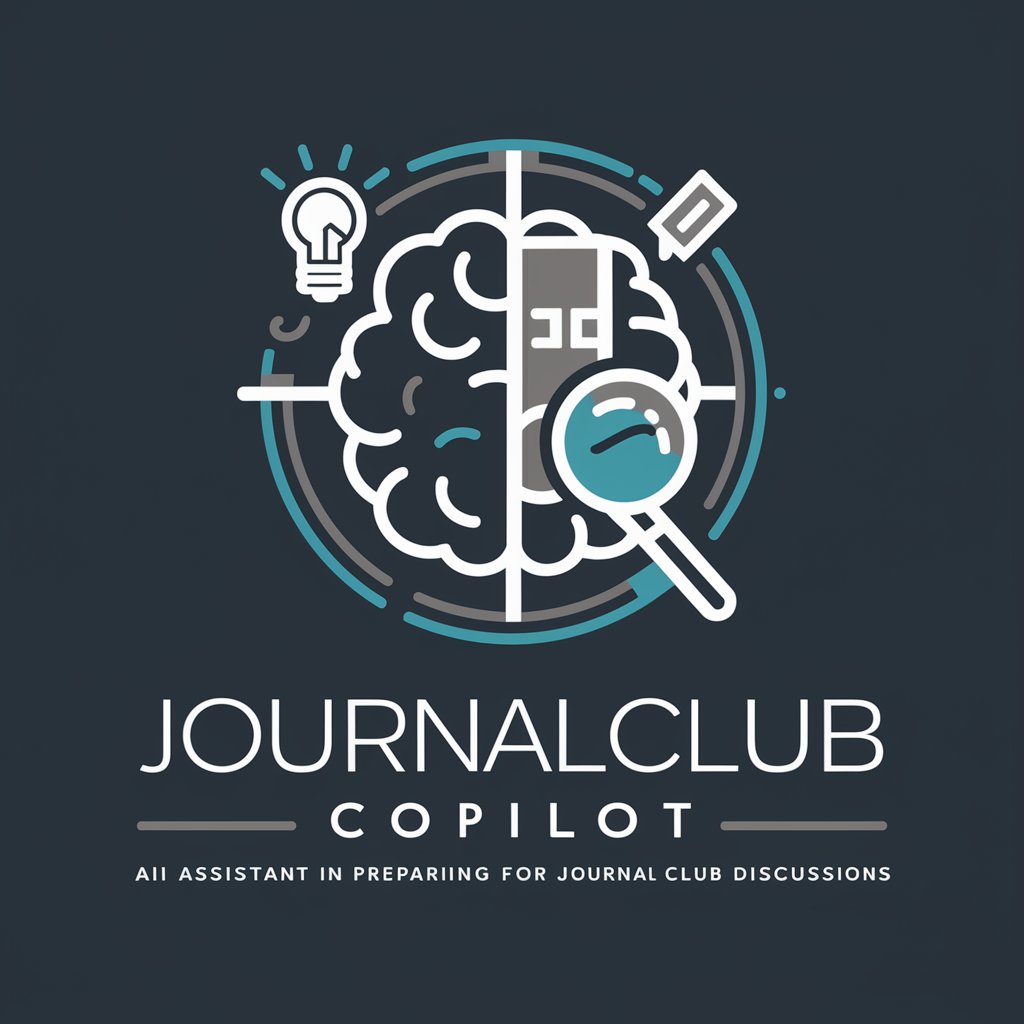
Hello! Ready to dive into your journal club prep?
Deciphering Science, Empowering Discussions
Give me the 30,000 foot view of the topic
What is the question/gap in the knowledge?
How do they propose to close the gap?
What do they find?
Get Embed Code
Overview of JournalClub Copilot
JournalClub Copilot is a specialized AI tool designed to assist students and researchers in preparing for journal club discussions. A journal club typically involves a group of individuals discussing scientific research papers, critically analyzing methodologies, results, and implications. My primary role is to facilitate deeper understanding and more engaging discussions by offering comprehensive insights into scientific papers. I can analyze a research paper provided by the user, addressing specific questions related to its content, methodology, findings, and broader scientific context. My design incorporates advanced natural language processing capabilities, enabling me to interpret complex scientific texts and provide detailed, relevant responses. Powered by ChatGPT-4o。

Key Functions of JournalClub Copilot
High-Level Overview
Example
For a paper on CRISPR-Cas9 gene editing, I can provide a summary of the key concepts, historical context, and current relevance in the field.
Scenario
A user unfamiliar with the topic receives a concise introduction, aiding in understanding the broader context of the paper.
Identifying Knowledge Gaps
Example
In a study about Alzheimer's disease, I can pinpoint what specific question or gap the study is addressing.
Scenario
This helps users focus on the unique contribution of the paper within the larger field of Alzheimer’s research.
Methodological Analysis
Example
I can dissect the experimental design of a clinical trial, explaining how the methods are suited to answer the research questions.
Scenario
This enables users to critically evaluate the validity of the study's approach.
Detailed Results Interpretation
Example
I offer a thorough analysis of the results section, including explaining figures and subfigures in a paper on cancer immunotherapy.
Scenario
This helps users understand complex data and its implications in the study.
Significance Assessment
Example
For research on renewable energy, I can discuss how the findings impact existing theories and practices in the field.
Scenario
Users gain insight into how the paper advances or challenges current understanding.
Critical Evaluation
Example
I provide an objective assessment of a paper's strengths and weaknesses, such as in a study on artificial intelligence ethics.
Scenario
This encourages users to think critically about the research quality and reliability.
Future Research Directions
Example
I suggest potential future research avenues that could stem from a paper on climate change impacts.
Scenario
This inspires users to think about how the research can be extended or applied in new contexts.
Target User Groups for JournalClub Copilot
Students
University or college students, especially those in science or research-oriented fields, who regularly participate in journal clubs or are involved in research. They benefit from guided analysis and critical thinking about scientific papers.
Researchers and Academics
Professionals in scientific research and academia who need to stay updated with the latest publications, understand complex studies quickly, and engage in scholarly discussions. My insights can save time and add depth to their understanding.
Science Educators
Teachers and professors who require assistance in breaking down complex scientific concepts for teaching purposes or in guiding students through journal club discussions. My functionality can enhance the educational experience.
Lifelong Learners
Individuals with a keen interest in science and research who are not formally part of an academic or research institution but wish to engage deeply with scientific literature. I make complex scientific discussions more accessible.

How to Use JournalClub Copilot
Start for Free
Begin your journey with JournalClub Copilot by visiting yeschat.ai for an immediate start to your free trial, no login or ChatGPT Plus required.
Select Your Paper
Upload the scientific paper you're focusing on or provide a direct link to the paper's full text for JournalClub Copilot to retrieve and analyze.
Choose Your Question
Pick from the tailored question menu based on your needs, whether you're looking for a broad overview or specific details like study results or future research directions.
Review Insights
Receive detailed, context-rich insights and analyses directly related to your selected question, aiding your understanding and discussion preparation.
Engage and Explore
Use the information provided to engage in meaningful discussions, explore further questions, or enhance your academic writing with deeper insights into your topic.
Try other advanced and practical GPTs
API Finder
Navigate APIs with AI Precision
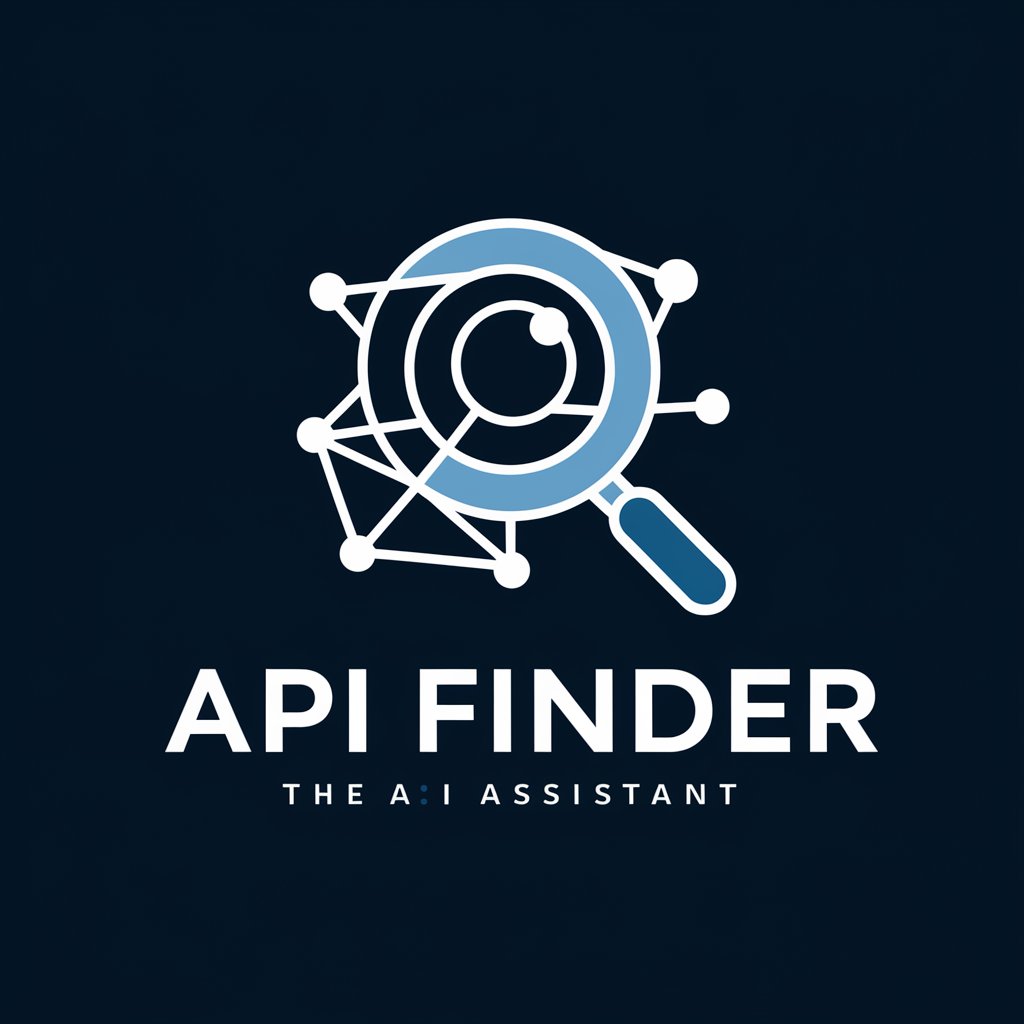
Digital Dating Coach
Revolutionizing Your Tinder Experience with AI

粗大ごみの捨て方調べる君
Streamlining bulky waste disposal with AI.

👁️👁️
Bringing Drawings to Life with AI
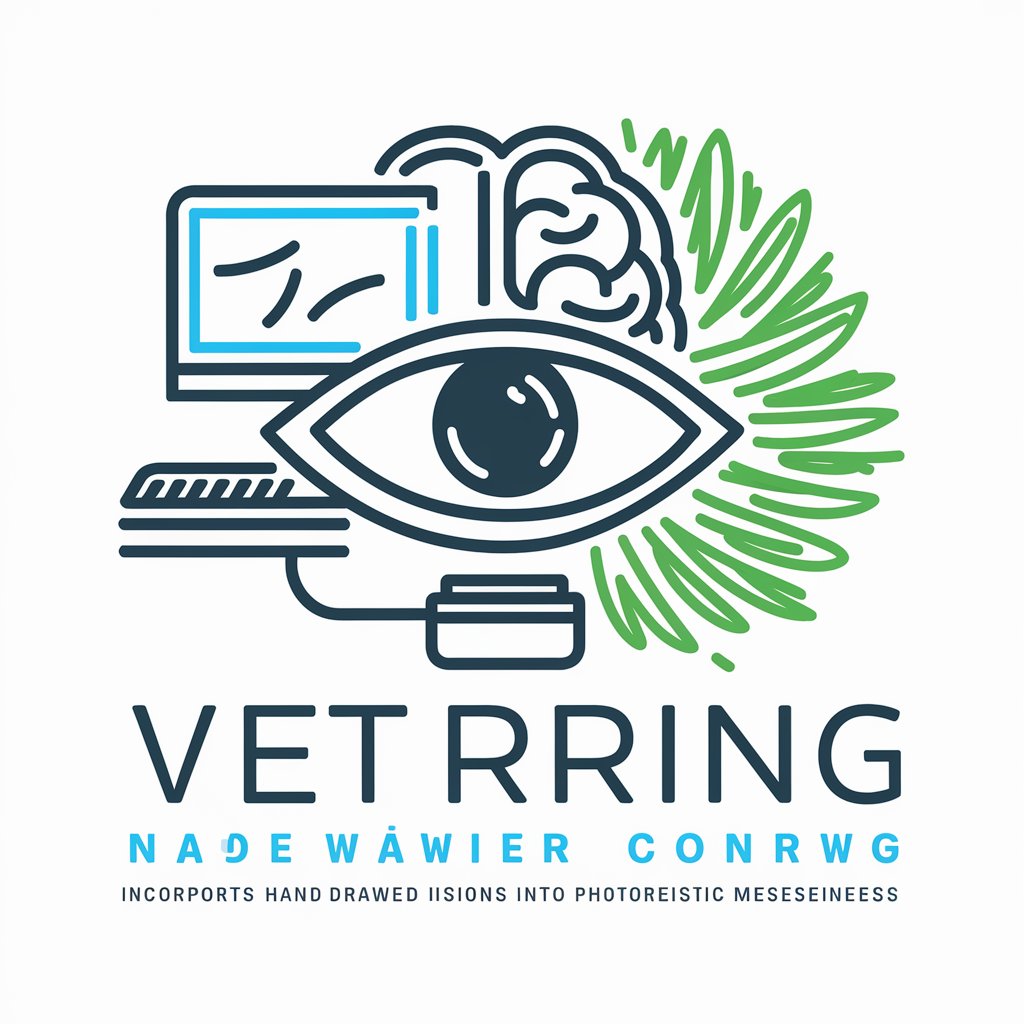
Golf Caddy GPT
AI-powered Golfing Companion

SEO
Elevating Your Online Presence with AI-Powered SEO

お題ジェネレーター
Unleash Creativity with AI-Powered Historical Prompts

Bitcoin Consultant
Empowering Your Bitcoin Journey with AI

Software Engineer
Empower Your Code with AI Expertise
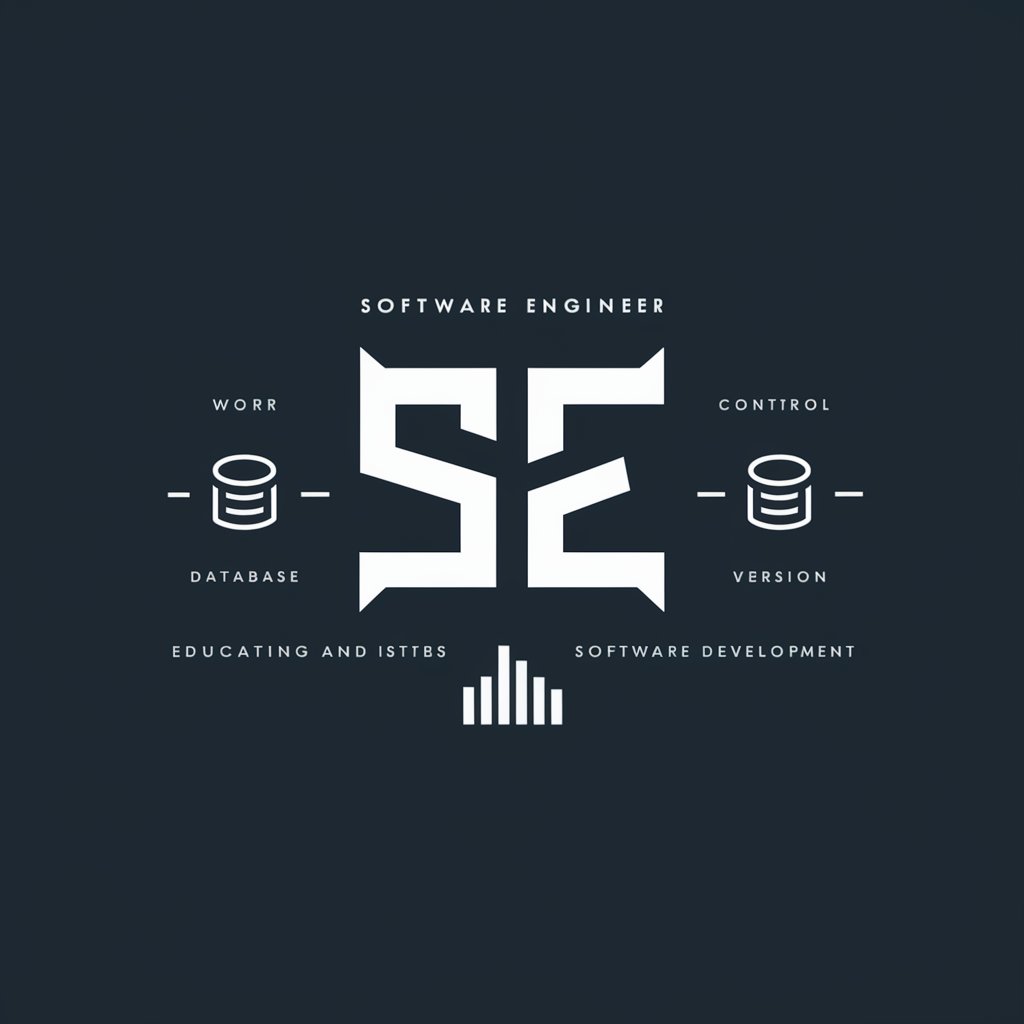
LearnMate
Empowering Education with AI
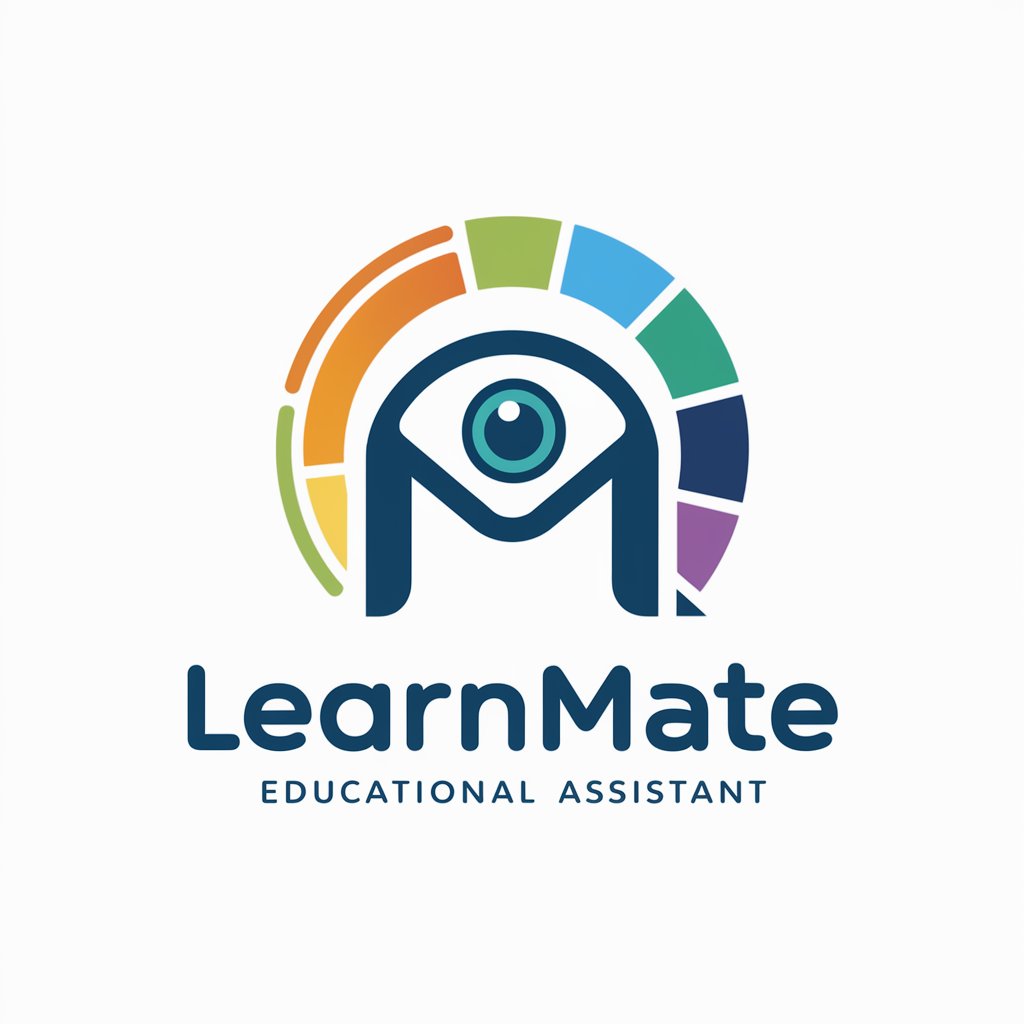
Akademix
Decoding Academia with AI Intelligence

Meme Master Daily
AI-powered, Tailored Meme Magic

Frequently Asked Questions about JournalClub Copilot
What is JournalClub Copilot?
JournalClub Copilot is an AI-powered tool designed to assist users in preparing for in-depth discussions on scientific papers by providing detailed analyses and answers to specific questions about the text.
How does JournalClub Copilot analyze scientific papers?
The tool reads and comprehends the content of uploaded or linked scientific papers, then uses this context to generate detailed responses to user-selected questions, covering various aspects of the paper.
Can JournalClub Copilot help with understanding complex study results?
Yes, it can break down complex study results into understandable insights, explaining figures and data to aid in comprehension and discussion.
Is JournalClub Copilot suitable for all academic fields?
While particularly beneficial for fields with heavy reliance on scientific papers, its versatile analytical capabilities make it a useful tool across a wide range of academic disciplines.
How can JournalClub Copilot aid in academic writing?
By providing detailed analyses of study methods, results, and implications, it can enrich academic writing with deeper insights, supporting evidence, and critical evaluations of scientific literature.
